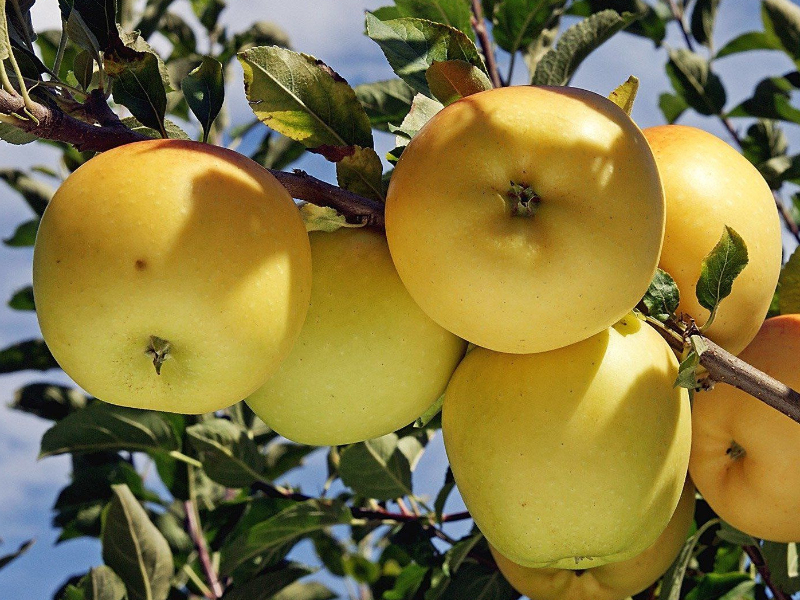Whoa! This Little Apple Packs a Serious Health Punch!
Advertisement
3. Antioxidant Arsenal

Advertisement
Renowned for their outstanding antioxidant value, apples play a crucial role in shielding the body against inflammation and oxidative damage. Particularly, the apple's skin is rich in quercetin, a flavonoid with potent antioxidant properties. Quercetin has been linked to a reduced risk of heart disease, several types of cancer, and neurological disorders. This powerful antioxidant works by neutralizing free radicals, thereby reducing cellular damage and inflammation, which are underlying factors in many chronic diseases. Studies have shown that quercetin can help lower blood pressure, improve heart health, and even enhance immune function. The presence of quercetin in apples significantly contributes to their health-promoting properties, making them an excellent addition to a balanced diet.
Another important antioxidant found in apples is catechin, which is also present in green tea and is associated with improved heart and brain function. Catechins are a type of natural phenol and antioxidant that can help reduce the risk of cardiovascular diseases by improving blood vessel function and reducing oxidative stress. They also have neuroprotective effects, which can help in maintaining cognitive function and reducing the risk of neurodegenerative diseases such as Alzheimer's and Parkinson's. The combination of catechins and quercetin in apples enhances their overall antioxidant capacity, providing a robust defense against various health issues.
In addition to quercetin and catechin, apples contain chlorogenic acid, another powerful antioxidant that has been shown to help reduce blood sugar levels and support weight loss. Chlorogenic acid works by inhibiting the release of glucose into the bloodstream, thus preventing spikes in blood sugar levels. This can be particularly beneficial for individuals with diabetes or those at risk of developing the condition. Furthermore, chlorogenic acid has been linked to improved metabolism and fat burning, making it a valuable component for weight management. The presence of these antioxidants in apples makes them a versatile and health-supportive food choice.
Together, these antioxidants—quercetin, catechin, and chlorogenic acid—work synergistically to combat free radicals in the body, potentially slowing down the aging process and lowering the risk of chronic diseases. Free radicals are unstable molecules that can cause cellular damage, leading to various health problems, including cancer, heart disease, and neurodegenerative disorders. By neutralizing these harmful molecules, the antioxidants in apples help protect the body's cells and tissues, promoting overall health and longevity. Regular consumption of apples can thus provide a natural and effective way to enhance antioxidant intake and support long-term health.
The diverse range of antioxidants found in apples significantly enhances their reputation as a health-promoting food. These compounds provide a robust defense against a variety of health problems, from chronic diseases to aging-related issues. By incorporating apples into your daily diet, you can take advantage of their numerous health benefits and support your body's natural defense mechanisms. Whether eaten fresh, added to salads, or used in various recipes, apples offer a delicious and nutritious way to boost antioxidant intake and promote overall well-being. The presence of these powerful antioxidants in apples underscores their role as a valuable component of a healthy diet, contributing to better health and a reduced risk of chronic diseases.
Advertisement
You May Like

